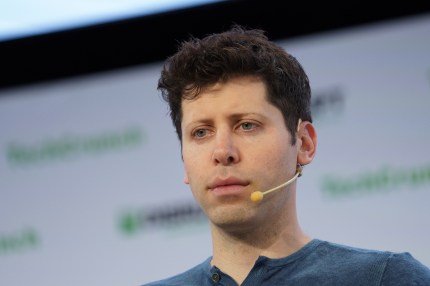It is estimated that about 2 billion people, especially those in lower- and middle-income countries, lack access to quality and affordable essential medicines. The situation is exacerbated by low-quality or even killer counterfeit drugs that fill the gap. This shortfall means diseases that are otherwise treatable or preventable end up causing distress and even death.
This is the problem that B2B marketplace Axmed is out to fix by addressing supply chain fragmentation, and the startup recently raised $2 million in seed funding from Founderful Ventures to fuel its plans.
Focused on lower- and middle-income countries, Axmed is building a marketplace that aims to link manufacturers with health institutions to fix the inefficiencies that lead to shortages, high costs and the proliferation of counterfeit drugs. The startup wants to pull that off by aggregating demand, enabling buyers to source drugs directly from manufacturers at lower costs and move away from traditional pharmaceutical supply chains that have multiple levels of dealers and distributors. To trade on the marketplace, both sellers and buyers would have to meet multiple regulatory and legal criteria.
The startup’s initial target markets include Kenya, Nigeria, Ethiopia, Tanzania and Rwanda, where it intends to make inroads through faith-based institutions, non-governmental organizations, government-led care providers and procurement agencies.
Headquartered in Switzerland, Axmed is currently working with partners to get the initial version of its product fully vetted, ahead of a full launch later this year. The new funding follows a $5 million grant from the Bill & Melinda Gates Foundation to make maternal and child healthcare available in high-priority countries.
Emmanuel Akpakwu (CEO), who co-founded the startup with Felix Ohnmacht and Sofia Radley-Searle, told TechCrunch that they aim to tap the aggregation model to strengthen buyer power and create an attractive market opportunity for manufacturers. He added that such models have been used in the past during emergencies, like the COVID-19 pandemic, but such procurement initiatives either never evolve past their initial remit or dwindle once the emergencies subside.
“We wanted to build something that stayed and really became a sustainable, long-term operation that focuses on empowering buyers and patients, making them more attractive for high-quality manufacturers, and for them [makers] to go to these markets in a much more effective and seamless way,” he said.
Additionally, the platform is designed to provide visibility on the size or real potential of these markets. Akpakwu says most local, regional or global manufacturers need to understand market sizes and how they can engage in those regions effectively.
Akpakwu previously served as the chief commercial officer of Novartis’ sub-Saharan Africa region. It was during this stint that he faced the challenges and obstacles that prevent or disincentivize manufacturers from scaling in new markets. Axmed was conceived after that to aggregate orders and create an attractive market for manufacturers.
Axmed joins the growing list of platforms such as Africa Medical Supply Platform and Xs2Meds, as well as health tech firms like DrugStoc and Remedial Health that are digitizing the pharmaceutical supply chain and solving sourcing and distribution challenges for pharmacies and institutions such as hospitals.






























Comment